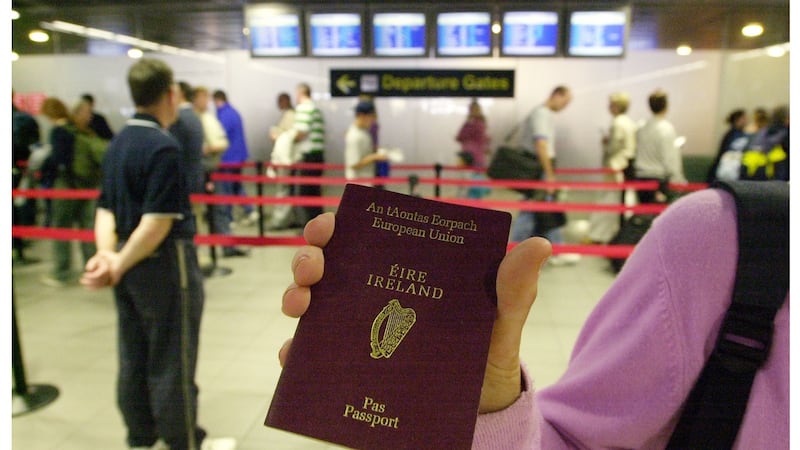Householders and business owners around the country have been left devastated by flooding in recent weeks. Storm Babet struck the south of the country last month causing flooding in communities in the south of the country – particularly Cork and Waterford.
A further deluge this week caused flooding in Louth and Wexford. So what State supports are available if your home or business is flooded and who is eligible to apply?
Q: What help is available if my home is flooded?
A: There is a means-tested Humanitarian Assistance Scheme run by the Department of Social Protection which is funded to the tune of €13 million. It is designed for people whose homes are damaged by flooding and severe weather events and who are unable to meet costs for essential needs, household items and structural repair. The scheme does not cover losses already covered by insurance policies. So perhaps the first port of call if you have home insurance is to contact your provider.
Q: Am I eligible for humanitarian assistance and how can I apply?
A: The scheme is currently open to households in counties Cork, Waterford, Louth and Wexford. The scheme is means-tested. The income limit for a single person is €50,000. For a couple the limit is €90,000. Income limits are increased by €15,000 per dependent child. Householders seeking to access the Humanitarian Assistance Scheme can contact the Community Welfare Service by phoning 0818 60 70 80.
RM Block
[ Over 30 flood-hit businesses apply for emergency funding in wake of Storm BabetOpens in new window ]
[ ‘Unprecedented’ flooding hits several counties ahead of Storm CiaránOpens in new window ]
Q: What does the Humanitarian Assistance Scheme cover?
A: There is a three-stage approach by the Department of Social Protection. Stage 1 provides emergency income support payments for food, clothing and personal items in the immediate aftermath of the flooding event. Stage 2 involves the replacement of white goods appliances, basic furniture items and other essential household items. Stage 3 is to identify what longer term financial support is required, including plastering, dry-lining, relaying of floors, electrical rewiring and painting. The levels of payment under the scheme depend on the relative severity of damage experienced and the household’s ability to meet the costs.
Q: Is there a scheme for flood-damaged businesses?
A: Yes. The Irish Red Cross (IRC) is administering an Emergency Business Flood Relief Scheme on behalf of the Government. It currently covers small businesses, community, voluntary and sporting bodies affected by flooding caused by Storm Babet. This scheme provides a once-off ex gratia contribution towards the costs of returning business premises to their pre-flooding condition including the replacement of flooring, fixtures, fittings, and damaged stock. Applications to the scheme must be made to the IRC by Friday December 1st. Flood-hit businesses in Louth and Wexford are set to be included in a similar scheme which is expected be signed off on by Cabinet as early as Thursday.
Q: Does my business qualify for help?
A: The scheme is currently open to small businesses of up to 20 employees which sustained flood damage as a result of Storm Babet between October 17th and 23rd. This fact must be verified by the relevant local authority. It is only open to businesses that could not secure flood insurance through no fault of their own. The scheme is not available to the farming community.
Q: What is the level of support on offer?
A: There are different levels of funding on offer to small businesses under two schemes depending on the damage sustained. Businesses applying to Scheme A can get a once-off contribution of €5,000. For damage that exceeds €5,000 there are possible payments of up to €20,000 through a process involving local authority verification and a professional assessment by an assessor appointed by the IRC. There are higher levels of funding available under Scheme B. It offers either a single once-off contribution of €10,000. For damage that exceeds €10,000 there are possible payments of up to €100,000, again through a process involving local authority verification and a professional assessment.




















